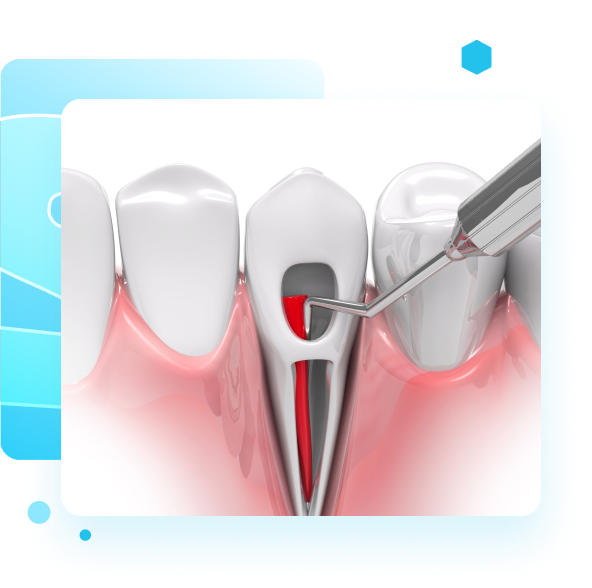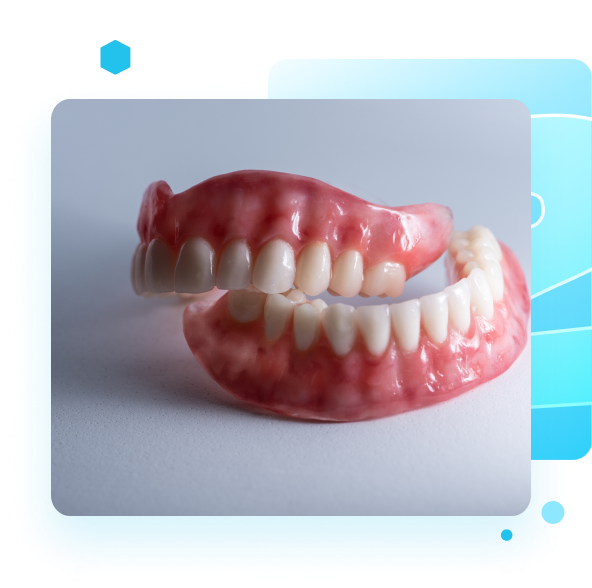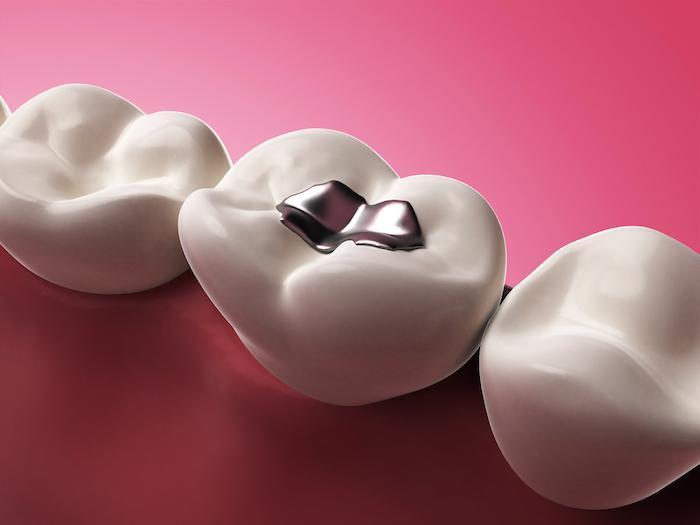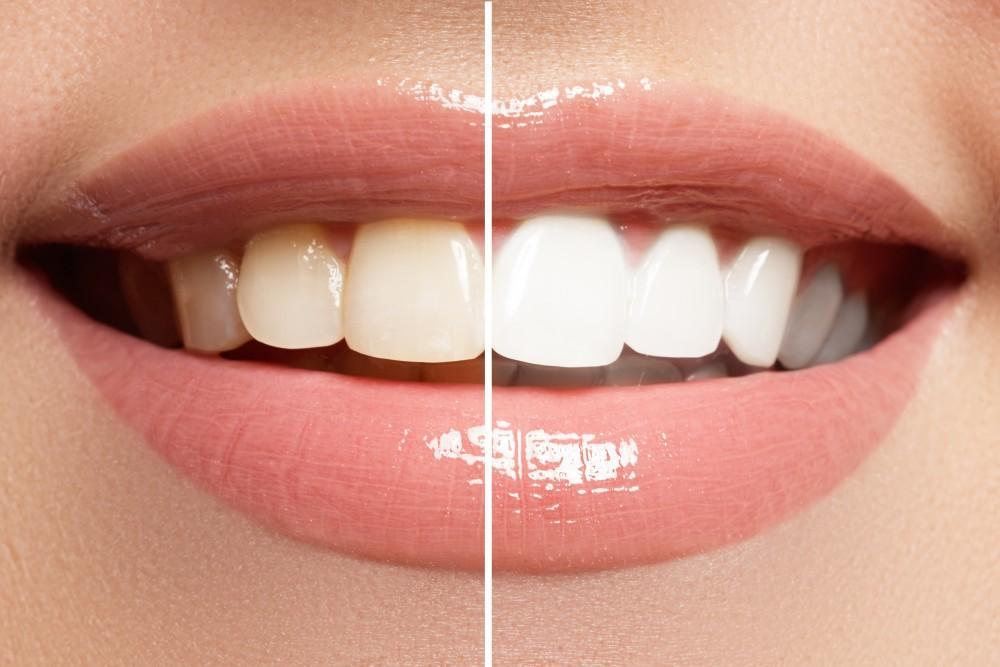Family Dentist
At Trident Dental, our Award-Winning General Dentist provide nearly pain-free dental treatments to our patients. We are committed to maintaining and improving your oral health, ensuring a beautiful and healthy smile. Our approach is tailored to meet your unique needs, offering a wide range of treatments from routine check-ups to advanced procedures. Plus, with our easy-to-pay payment plans and transparent pricing accessing exceptional dental care is both easy and affordable
Request An Appointment
We Accept Most Insurances
Are you looking to replace missing teeth? Trident Dental provides patients with durable, natural-looking dental implants in Houston, Texas. With dental implants, you can restore your smile with replacement teeth that look, feel, and function like the real thing. If you’d like to find out if dental implants are right for you, call Trident Dental or use the online scheduling tool and book a consultation at the office today.
- Tab Title 1
- Tab Title 2
- Tab Title 3
- Tab Title 3
Lorem Ipsum
is simply dummy text of the printing and typesetting industry. Lorem Ipsum has been the industry’s standard dummy text ever since the 1500s, when an unknown printer took a galley of type and scrambled it to make.
is simply dummy text of the printing and typesetting industry. Lorem Ipsum has been the industry’s standard dummy text ever since the 1500s, when an unknown printer took a galley of type and scrambled it to make.
- Lorem Ipsum is simply dummy text of the printing and typesetting
- Lorem Ipsum is simply dummy text of the printing and typesetting
- Lorem Ipsum is simply dummy text of the printing and typesetting
- Lorem Ipsum is simply dummy text of the printing and typesetting
- Lorem Ipsum is simply dummy text of the printing and typesetting

Lorem Ipsum
Lorem Ipsum is simply dummy text of the printing and typesetting industry. Lorem Ipsum has been the industry’s standard dummy text ever since the 1500s, when an unknown printer took a galley of type and scrambled it to make a type specimen book. It has
Lorem Ipsum is simply dummy text of the printing and typesetting industry. Lorem Ipsum has been the industry’s standard dummy text ever since the 1500s, when an unknown printer took a galley of type and scrambled it to make a type specimen book. It has
- Lorem Ipsum is simply dummy text of the printing and typesetting
- Lorem Ipsum is simply dummy text of the printing and typesetting
- Lorem Ipsum is simply dummy text of the printing and typesetting
- Lorem Ipsum is simply dummy text of the printing and typesetting
- Lorem Ipsum is simply dummy text of the printing and typesetting

Lorem Ipsum
Lorem Ipsum is simply dummy text of the printing and typesetting industry. Lorem Ipsum has been the industry’s standard dummy text ever since the 1500s, when an unknown printer took a galley of type and scrambled it to make a type specimen book. It has
Lorem Ipsum is simply dummy text of the printing and typesetting industry. Lorem Ipsum has been the industry’s standard dummy text ever since the 1500s, when an unknown printer took a galley of type and scrambled it to make a type specimen book. It has
- Lorem Ipsum is simply dummy text of the printing and typesetting
- Lorem Ipsum is simply dummy text of the printing and typesetting
- Lorem Ipsum is simply dummy text of the printing and typesetting
- Lorem Ipsum is simply dummy text of the printing and typesetting
- Lorem Ipsum is simply dummy text of the printing and typesetting

Lorem Ipsum
Lorem Ipsum is simply dummy text of the printing and typesetting industry. Lorem Ipsum has been the industry’s standard dummy text ever since the 1500s, when an unknown printer took a galley of type and scrambled it to make a type specimen book. It has
Lorem Ipsum is simply dummy text of the printing and typesetting industry. Lorem Ipsum has been the industry’s standard dummy text ever since the 1500s, when an unknown printer took a galley of type and scrambled it to make a type specimen book. It has
- Lorem Ipsum is simply dummy text of the printing and typesetting
- Lorem Ipsum is simply dummy text of the printing and typesetting
- Lorem Ipsum is simply dummy text of the printing and typesetting
- Lorem Ipsum is simply dummy text of the printing and typesetting
- Lorem Ipsum is simply dummy text of the printing and typesetting

Dental exams
Maintaining regular visits to the dentist helps ensure a lifetime of healthy teeth and gums. At Trident Dental in Houston, Texas, the team provides comprehensive dental exams and cleanings. Regular dental upkeep and preventive oral health care can limit the risk of tooth decay and save patients time and money in the form of expensive procedures. To book your next dental exam and cleaning, call the office or request an appointment.


Teeth Cleaning
Cleaning is a key parts of your regular oral health care upkeep to maintain healthy teeth and gums. Whenever you come in for routine checkups, the team at Trident Dental provides both services and makes personalized recommendations to improve your oral hygiene habits.
Toothache Relief
Experiencing a toothache can be more than just uncomfortable; it can disrupt your daily life. At Trident Dental, we understand how important it is to address this pain quickly and effectively. Our doctors and staff are ready to provide immediate and same-day care for anyone suffering from tooth pain. request an appointment.


Tooth Extraction
Whether it’s a wisdom tooth causing discomfort, a tooth damaged beyond repair, or overcrowding issues, our team employs the latest techniques and technology to ensure a smooth procedure. We begin with a comprehensive examination to assess the best approach for your specific needs, followed by a detailed explanation of the process so you know exactly what to expect.
Root Canals
Root canals aren’t fun, but there’s no need to worry. Trident Dental wants you to know a root canal doesn’t have to be an unpleasant, anxiety-inducing experience. The accomplished dental group at Trident Dental does root canals on a daily basis in Houston, Texas. If you’re concerned about having a root canal, call the office or request an appointment.

Having a dental emergency? Don’t worry! Our expert team of doctors and staff is ready to provide immediate, compassionate care for any dental crisis, from toothaches to injuries to same-day root canals. Call us now or request an appointment for rapid response and relief. Your comfort and health are our top priority. Reach out now for urgent dental care!
Dentures & Partials
When it comes to replacing missing teeth, dentures are one of the most popular options available on the market today. At Trident Dental our award-winning dentists offer full and partial dentures as well as implant supported dentures to restore and enhance your smile. Gaps in your teeth not only detract from your smile — they can also lead to harmful tooth shifting and bone loss. To schedule a dentures consultation at Trident Dental, call the office or request an appointment to come in today.


Crowns & Fillings
Dental crowns are common. According to findings from the American Academy of Implant Dentistry, 15 million people in the United States have crowns put in place of missing teeth. The experienced dentists at Trident Dental are highly trained and ready to answer your questions. Call or request an appointment if you think you might need a crown. Don’t forget to check out our Specials page, Crowns and fillings could be on sale this month!
Book Now & Get A Free In-Office Teeth Whitening
FAQs
How Much is Dental Exam Without Insurance?
The cost of a dental exam without insurance can vary widely based on the dental practice, and the specific services included in the exam. Generally, you can expect the following:
- Basic Dental Exam: A basic exam, which typically includes a visual inspection of teeth and gums by the doctor as well as a consultation with the Treatment Coordinator regarding details of the treatment such as your options, timing, and payment plans. Basic exams might cost anywhere from $25 to $95 however in some cases it could be complimentary as well if you talk with the office manager and explain your specific situation.
- Routine Dental Exam with X-rays: If X-rays are needed, the price can increase. A routine dental exam with X-rays takes more time for the staff and the doctors to analyze your condition and come up with the best course of action for your treatment. Again cost can be anywhere from $45 to $155 however in some cases it could be complimentary as well if you talk with the office manager and explain your specific situation.
- Comprehensive Dental Exam with 3D Panoramic X-rays: If the panoramic view of your jaw is needed most likely you are being seen by the doctor for a major treatment such as veneers, dental implants, braces, or wisdom tooth extractions. In this case, to precisely plan your treatment, doctors not only need individual X-rays of your teeth but also a comprehensive examination of your oral health. Additionally, your dentist may also decide to take pictures and videos of your teeth using an intraoral camera. All these examinations may add to the cost of your dental exam but of course, they are the most accurate way of doing a dental examination and results could prevent costly future oral health problems. Once Again cost can be anywhere from $65 to $355 however in some cases it could be complimentary as well if you talk with the office manager and explain your specific situation.
- Additional Services: Costs can also increase if additional services or tests are necessary during the exam.
It’s important to note that these are approximate ranges and actual prices can vary. Some dental offices also offer a discounted rate for new patients or package deals that include a free or discounted exam. You can find Trident Dental’s treatment Prices here and check out this month’s dental treatment special offers here.
How Much is A Teeth Cleaning Without Insurance?
The cost of teeth cleaning without insurance varies widely, but here are some general guidelines:
- Standard Cleaning (Prophylaxis): For a routine teeth cleaning (prophylaxis), which involves removing plaque and tartar and polishing the teeth, the cost typically ranges from $75 to $200. This can vary based on the location, the dental practice, and the region’s cost of living.
- Deep Cleaning (Scaling and Root Planing or SRP): If more extensive cleaning is needed, such as scaling and root planing (often referred to as deep cleaning), the cost can be significantly higher. This procedure is usually charged per quadrant (one of the four sections of your mouth) and can range from $95 to $295 per quadrant.
You can find Trident Dental’s treatment Prices here and check out this month’s dental treatment special offers here.
How Do You Get Rid of A Toothache Fast?
To quickly alleviate toothache pain, you can try these at-home remedies, but remember they are temporary and you should see a dentist for the underlying cause. Trident Dental is open every day including weekends so call us at 713-322-6262 and we can help you over the phone or Request An Emergency Appointment):
- Over-the-Counter Pain Relievers: Non-steroidal anti-inflammatory drugs (NSAIDs) like ibuprofen (Advil, Motrin) or acetaminophen (Tylenol) can help reduce pain. Always follow the recommended dosage and consult with a doctor if you have any allergies, medical conditions or if you are taking other medications.
- Saltwater Rinse: Rinse your mouth with warm salt water to reduce inflammation and sanitize.
- Cold Compress: Apply a cold compress or an ice pack to the outside of your cheek to reduce pain and swelling.’
- Clove Oil: Use a small amount on a cotton ball and dab it on the affected area for its natural anesthetic properties.
- Peppermint Tea Bags: Apply a cooled tea bag to the affected tooth for a numbing effect.
- Hydrogen Peroxide Rinse: Rinse with a solution of hydrogen peroxide and water to kill bacteria and reduce inflammation (do not swallow).
- Garlic: Apply crushed garlic mixed with a little salt to the affected tooth.
Remember, these are temporary measures and it’s essential to consult a dentist for proper diagnosis and treatment.
Learn More About Your Oral Health
Every week we work hard to create useful and interesting content about oral healh and cosmetic dentistry, please follow us on social media to get notifications about our latest articles, and click below to read our past articles.
What to Expect During the Dental Implant Process
Dental implants are the most natural and functional...
Which Type of Teeth Whitening Should I Choose?
Whitening discolored teeth can have a dramatic impact...
Why Early Treatment of Gum Disease Can Make All the
Gum disease is very common. In fact, about 46% of...











